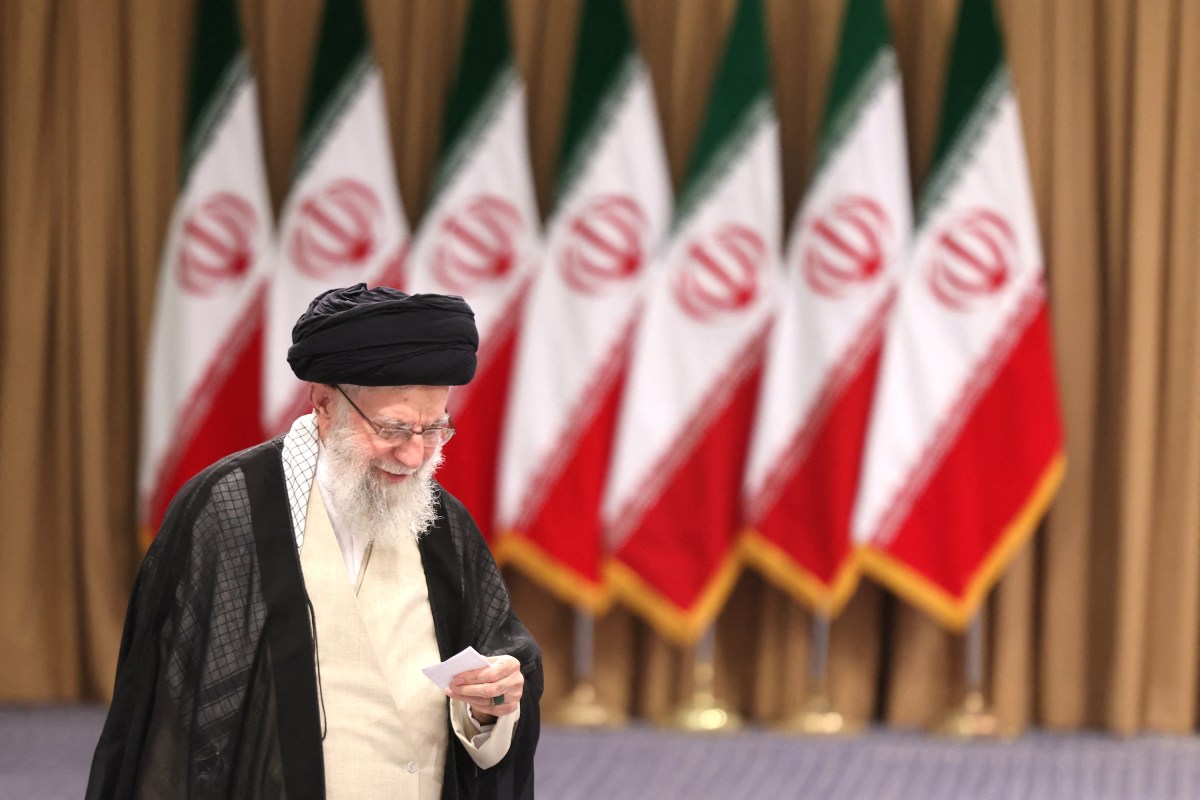On Monday, the U.S. government formally accused Iran of hacking the Donald Trump campaign. In a joint statement issued by the FBI, the Office of the Director of National Intelligence (ODNI) and the Cybersecurity and Infrastructure Security Agency (CISA), the three agencies said that the intelligence community attributes the recently disclosed hack and leak against […]
© 2024 TechCrunch. All rights reserved. For personal use only.
On Monday, the U.S. government formally accused Iran of hacking the Donald Trump campaign.
In a joint statement issued by the FBI, the Office of the Director of National Intelligence (ODNI), and the Cybersecurity and Infrastructure Security Agency or CISA, the three agencies said that the intelligence community attributes the recently disclosed hack and leak against the Trump campaign to Iran.
“The [Intelligence Community] is confident that the Iranians have through social engineering and other efforts sought access to individuals with direct access to the presidential campaigns of both political parties. Such activity, including thefts and disclosures, are intended to influence the U.S. election process,” read the statement. “It is important to note that this approach is not new. Iran and Russia have employed these tactics not only in the United States during this and prior federal election cycles but also in other countries around the world.”
The Iranian government denied the accusation in a statement sent by its Permanent Mission to the United Nations.
“Such allegations are unsubstantiated and devoid of any standing. As we have previously announced, the Islamic Republic of Iran harbors neither the intention nor the motive to interfere with the U.S. presidential election. Should the U.S. government genuinely believe in the validity of its claims, it should furnish us with the pertinent evidence—if any—to which we will respond accordingly,” read the statement sent to TechCrunch via email.
A spokesperson for the Iranian mission to the UN did not immediately respond to a series of detailed questions on Tuesday morning, saying the ambassador was “still in bed and starting to wake up.”
On Aug. 10, Politico first reported that the Trump campaign had been hacked, and that someone calling themselves “Robert” had reached out to the news website offering documents allegedly stolen from the campaign. The New York Times and The Washington Post later also revealed they had been contacted by the same person and received what looked like similar files.
In a social media post, Trump himself accused Iran, saying “they shouldn’t be doing anything of this nature,” and said it was Microsoft that alerted him and his campaign.
A day before the Politico report, Microsoft published a report saying an Iranian government-backed hacking group “sent a spear phishing email in June to a high-ranking official on a presidential campaign from the compromised email account of a former senior advisor.” Last week, Google’s Threat Analysis Group said it had evidence that Iran-backed hackers had targeted the email accounts of several people affiliated with President Biden and Trump as early as May.
Multiple reports have identified Roger Stone, a longtime friend and advisor of Trump, as the person who was first hacked and whose account was then used to try to hack officials on the Trump campaign.
Unlike in 2016 when the Russian government conducted a months long hack and leak operation, for now news organizations have not covered the leaked documents. Instead, they have focused on the hack and leak itself, showing news organizations may have learned a lesson from eight years ago, when they unwittingly amplified the Russians’ campaign.

Leave a Reply